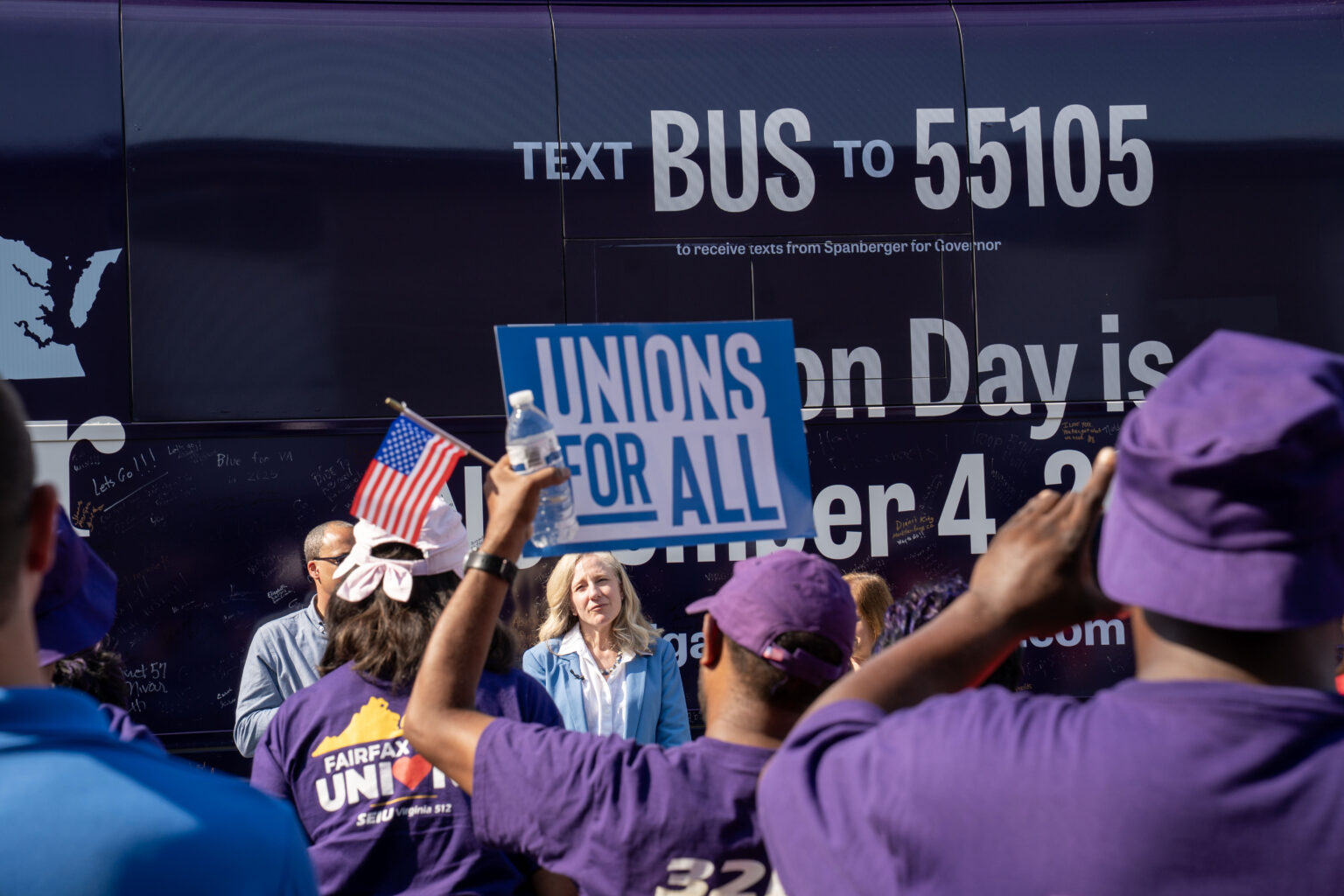Democratic Campaigns Launch Extensive Voter Engagement Drive Ahead of Critical Elections
Starting this week, Democratic organizations are initiating a comprehensive effort to counteract the Republican-backed legislation anticipated this summer and to bolster their electoral prospects for upcoming races. This strategic push emphasizes expanding voter registration, mobilizing volunteers, and engaging community groups outside traditional political spheres to communicate their message effectively.
Unified Leadership and Strategic Focus
Led by the Democratic National Committee (DNC), in collaboration with state party organizations and the Democratic campaign committees for Congress and gubernatorial races, this initiative aims to energize the Democratic base ahead of the fall elections and the pivotal 2026 midterms. These midterms are widely viewed as a referendum on President Donald Trump’s influence and a test of Democrats’ capacity to regain momentum after recent setbacks.
Responding to Shifting Political Dynamics
Democrats are observing encouraging signs of progress amid growing opposition to Trump’s policies, especially in response to the widespread disapproval of his legislative proposals, such as the “One Big Beautiful Bill.” Despite this, party strategists remain cautious, noting the recent decline in Democratic favorability ratings, which have hit historic lows this year. The “Organizing Summer” campaign is designed to address these challenges by fostering grassroots support and expanding outreach efforts.
Innovative Outreach Strategies
A key component involves training volunteers to advocate for Democratic policies and articulate opposition to Republican initiatives in informal settings-such as book clubs, online sports forums, messaging apps like WhatsApp, and neighborhood social networks like Nextdoor. This approach aims to reach voters where they naturally gather, outside conventional campaign events.
Volunteers will be equipped with tailored content promoting Democratic values and encouraged to leverage social media influencers to motivate their followers to participate politically. Additionally, the campaign will organize voter registration drives and community engagement activities at concerts, sporting events, and local fairs to maximize outreach.
Targeting Public Perception of Legislation
In announcing this initiative, DNC Chair Ken Martin emphasized the importance of transparency regarding legislative issues, particularly criticizing Trump’s recent budget proposal. He stated, “The more people understand about it, the less they support it,” underscoring the campaign’s goal to inform and mobilize voters against policies perceived as harmful to working families.
Legislative Context and Public Opinion
Republicans are pushing to extend significant tax cuts and fund Trump’s immigration enforcement promises, while proposing cuts to vital social programs like food assistance and Medicaid. Democrats anticipate these issues will dominate campaign narratives. Recent polling from The Washington Post-Ipsos indicates that 42% of Americans oppose the proposed changes to tax, spending, and Medicaid policies, with only 23% in support and 34% undecided, highlighting the contentious nature of these debates.
Expanding Beyond Traditional Campaign Tactics
This summer initiative complements a broader array of Democratic efforts to connect with voters through unconventional channels. Last year, Trump’s success with less-engaged voters was partly attributed to appearances on popular podcasts and viral campaign stops at venues like fast-food restaurants and sporting events. These tactics helped him reach audiences that traditional media often overlook.
Democrats have responded with their own efforts, including attempts to emulate the viral success of influential podcasters and social media personalities. However, some initiatives, such as a $20 million project aimed at engaging young men, have faced criticism and gone viral for unintended reasons, illustrating the challenges of modern political outreach.
Opportunities in Upcoming Elections
Looking ahead, the 2025 and 2026 elections present Democrats with opportunities to capitalize on recent gains. Overperforming in special elections this year and benefiting from increased voter activism-such as large protests and town hall turnouts critical of Trump-indicate a motivated Democratic base. Historically, the party out of power tends to make gains in midterm elections, and current trends suggest Democrats could see a favorable shift.
Public Sentiment and Democratic Momentum
Representative Suzan DelBene (D-Washington), chair of the Democratic Congressional Campaign Committee, expressed optimism, stating, “The public is tired of Republican broken promises, outraged by their failed agenda, and eager for change.” She emphasized that voters are demanding leaders who prioritize the needs of everyday Americans over special interests and billionaires.
Upcoming Key Races and Strategic Announcements
Democratic leaders plan to unveil the summer organizing campaign during a press conference featuring Jane Kleeb, president of the Association of State Democratic Committees, and Lamont Bagby, chair of the Virginia Democratic Party. This year’s most prominent elections include gubernatorial contests in Virginia and New Jersey, along with the New York City mayoral race. Next year, Democrats aim to regain control of the House of Representatives and make significant gains in the Senate, leveraging the momentum built through grassroots mobilization and strategic outreach.

